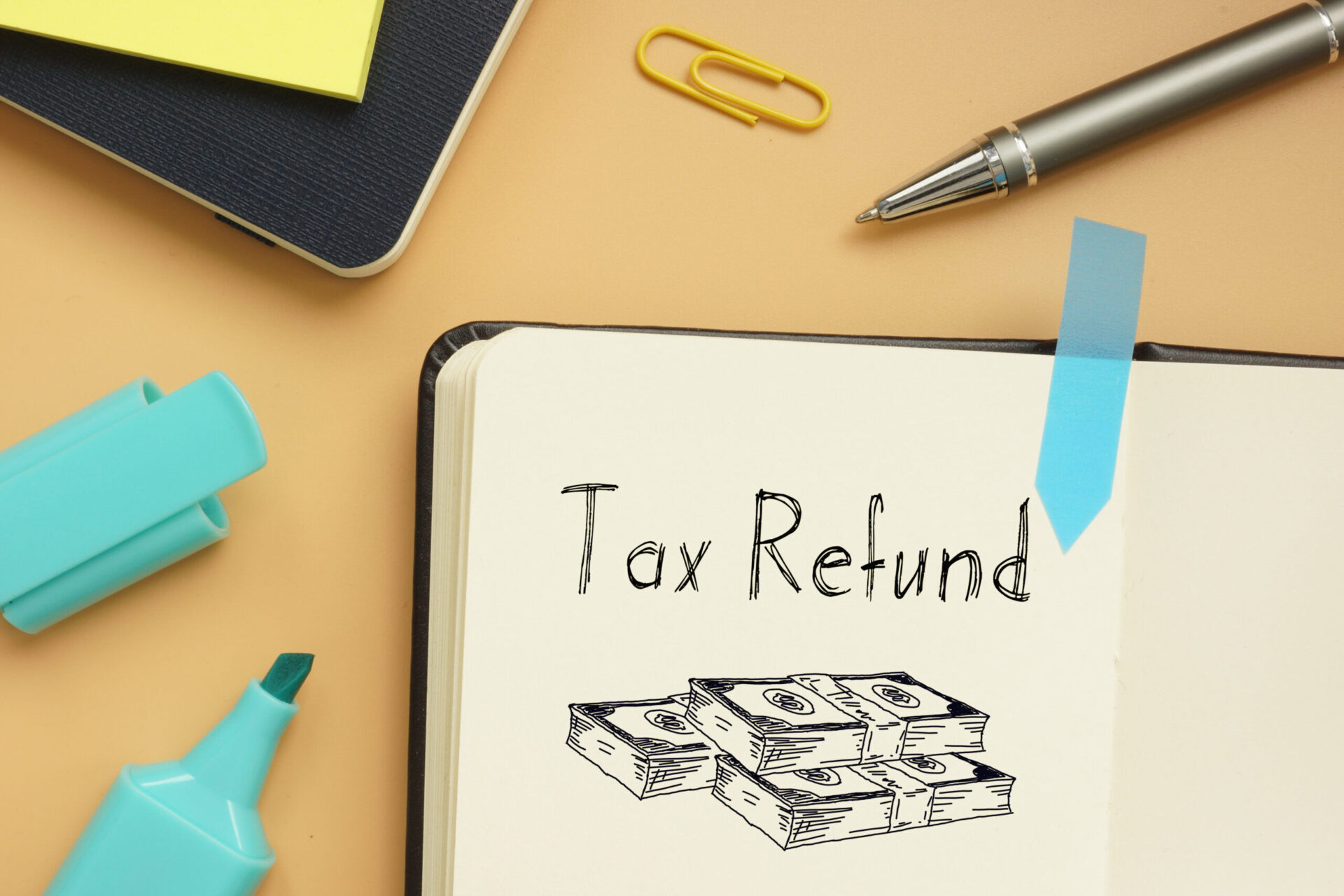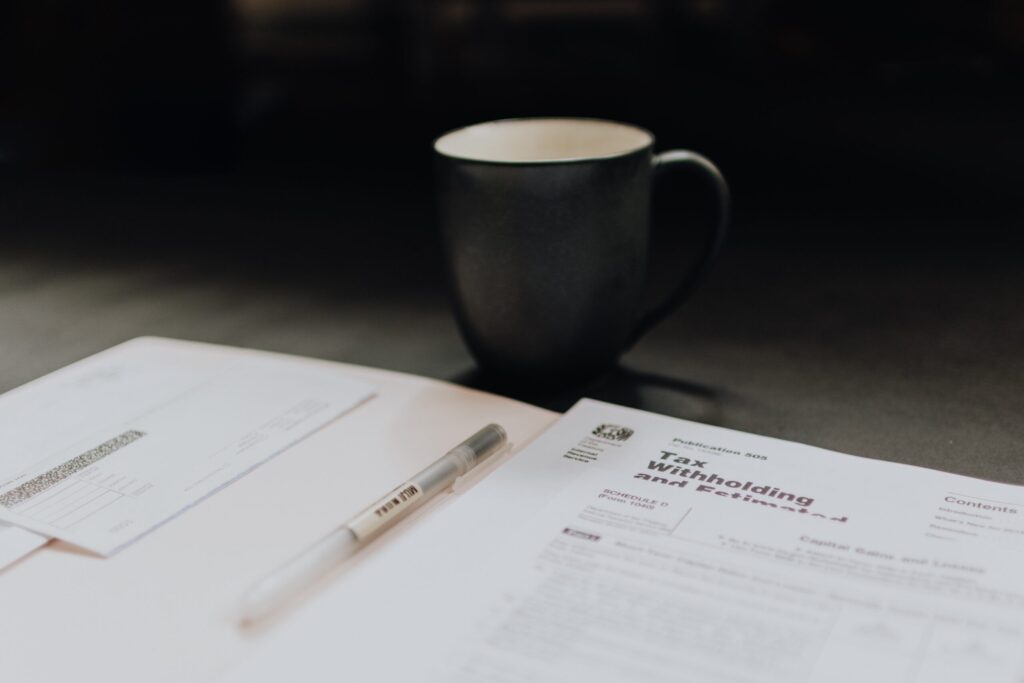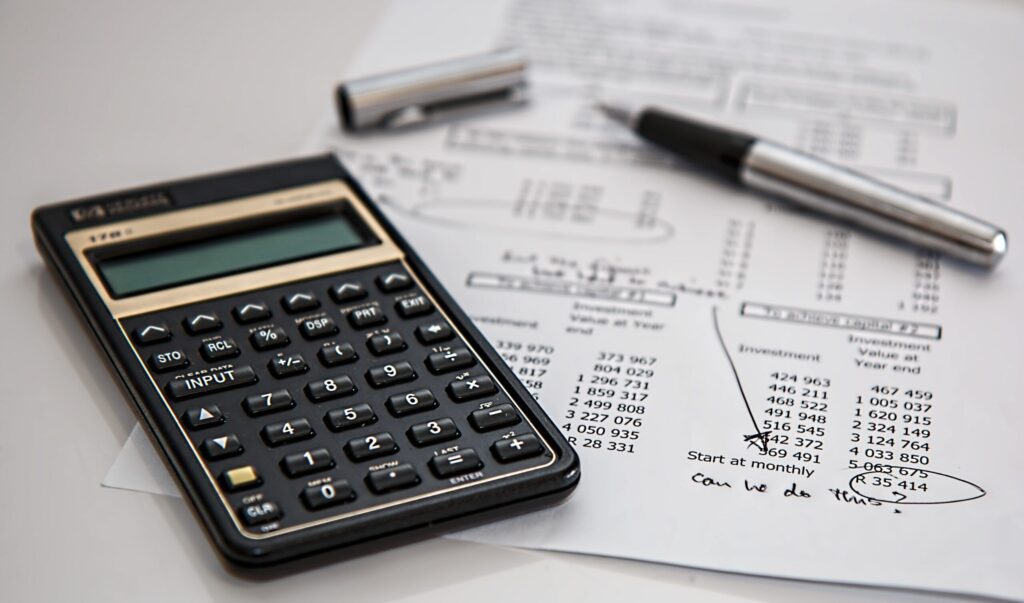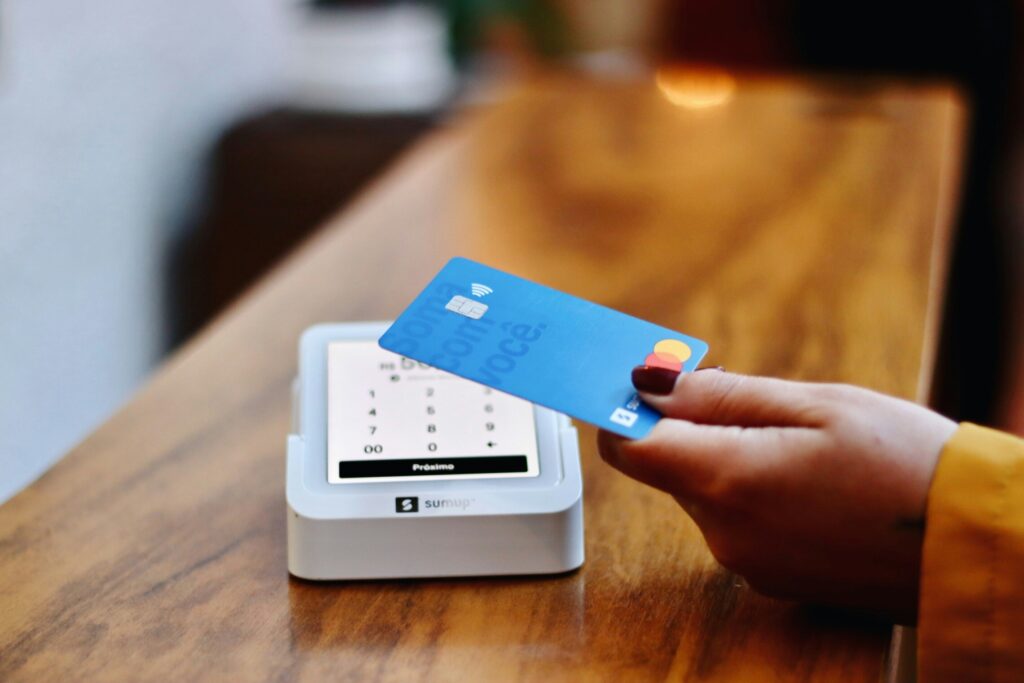Every year, millions of Canadians eagerly anticipate their tax refunds. As of March 11, 2025, the Canada Revenue Agency (CRA) reported that the average tax refund issued was approximately $2,000. For some, it’s an opportunity to splurge on a long-awaited purchase or vacation. But if you have outstanding debt, using your tax refund wisely could significantly improve your financial future. In this article, we’ll explore whether putting your tax refund toward debt repayment is the best move and what other financial strategies you might consider. Read on for all you need to know about your tax refund and debt.
Understanding your tax refund: a financial opportunity
Many Canadians eagerly anticipate their tax refund each year, viewing it as extra cash to spend. However, a tax refund isn’t a bonus – it’s simply money that was overpaid in taxes throughout the year. In reality, receiving a large refund means you’ve been giving the government an interest-free loan on your earnings. Instead of treating your refund as found money, think of it as a financial tool – one that can help you build security, reduce debt, and get ahead financially. When used strategically, a tax refund can have a significant impact on your financial wellbeing.
Why your tax refund matters
Your tax refund presents a unique opportunity because:
- It’s a lump sum payment – unlike regular income, a refund isn’t tied to monthly expenses, making it easier to use for big financial moves.
It can reduce costly debt – if you carry high-interest debt, applying your refund to payments can save hundreds or even thousands in interest over time.
It can boost your financial stability – whether you use it to build an emergency fund, invest, or make a lump-sum mortgage payment, it’s a chance to strengthen your financial foundation.
Maximising the potential of your refund
If you have outstanding debts – especially high-interest credit card balances – your tax refund can be a game-changer. With average credit card interest rates hovering around 20% or more, paying off just $2,000 of debt could save you over $400 in interest over the next year.
Even if you don’t have debt, using your refund wisely – by investing in an RRSP, topping up a Tax-Free Savings Account (TFSA), or contributing to an emergency fund – can set you up for greater long-term financial success. Instead of spending your tax refund impulsively, consider how it can work for you, not against you. Making smart choices today can help you avoid financial stress in the future.
Should you use your tax refund to pay off debt?
If you’re carrying debt, your tax refund might seem like the perfect opportunity to wipe out some of what you owe. But is using it for debt repayment always the best choice? The answer depends on the type of debt you have, your overall financial situation, and your long-term financial goals. Let’s break down when putting your refund toward debt makes sense – and when other financial moves might be a better option.
Pros of using your tax refund to pay off debt
Paying off debt with your tax refund can be one of the smartest financial decisions you make. High-interest debt, especially credit card balances and payday loans, can quickly spiral out of control, costing you far more in the long run. Using your refund to reduce or eliminate what you owe can help you save on interest, improve your financial stability, and even boost your credit score. Here’s why it might be a great move:
- Save on interest – credit cards, payday loans, and personal loans often come with high interest rates. Paying down these debts means less interest accumulating over time.
- Improve your credit score – reducing your credit card balances lowers your credit utilization ratio, which is a key factor in your credit score.
- Free up cash flow – with less debt, you’ll have fewer monthly obligations, making it easier to manage everyday expenses.
- Lower financial stress – carrying debt can be overwhelming. Paying it down can relieve stress and improve your overall financial wellbeing.
When might it not be the best choice?
While paying off debt is often a smart financial move, it’s not always the best use of your tax refund. Depending on your financial situation, there may be other priorities that deserve attention first – like building an emergency fund or investing for the future. Before rushing to make a payment, consider these scenarios where holding onto your refund might be the better option:
- You have no emergency savings – if you don’t have a financial safety net, setting aside part of your refund for an emergency fund (at least three to six months’ worth of expenses) may be a smarter move.
- Your debt is low-interest or tax-deductible – some debts, like student loans or mortgages, have relatively low interest rates. If you’re comfortable with your repayment plan, you may be better off investing your refund instead.
Other smart ways to use your tax refund
If your debt is manageable or you want to balance debt repayment with other financial goals, consider these options:
- Build an emergency fund – life is unpredictable. Having a financial cushion can prevent you from relying on high-interest credit in the future.
- Invest for the future – contributing to your RRSP or TFSA can help grow your wealth and provide tax advantages.
- Make a lump-sum mortgage payment – if you own a home, an extra payment can reduce your principal and long-term interest costs.
- Save for a big goal – whether it’s a home renovation, education, or a vacation, setting money aside for a planned expense can keep you from taking on unnecessary debt.
Tax refund and debt: FAQs
Here are some of the most common questions we receive on tax refund and debt:
Can I still get a refund if I owe taxes in Canada?
Yes, it’s possible to receive a tax refund even if you owe taxes in Canada, but it depends on your overall tax situation. If you have tax credits, deductions, or overpayments that exceed what you owe, you may still receive a refund after the Canada Revenue Agency (CRA) applies those amounts to your balance. However, if you have outstanding tax debt from previous years, the CRA will typically apply your refund toward your unpaid balance first before issuing any remaining amount to you. If you’re unsure about your specific situation, checking your CRA My Account or speaking with a tax professional can provide clarity.
Can tax debt be forgiven in Canada?
Tax debt can be forgiven in Canada, but only under specific circumstances. The Canada Revenue Agency (CRA) does not typically waive tax debt, but there are options for debt relief if you’re struggling to pay:
- Taxpayer Relief Program – the CRA may cancel or waive penalties and interest if you can prove financial hardship, serious illness, or circumstances beyond your control (e.g. natural disasters). However, the principal tax amount is still owed.
- Consumer proposal – if you have significant tax debt, you may be able to reduce or eliminate it through a consumer proposal, a legal debt settlement option administered by a Licensed Insolvency Trustee (LIT). This allows you to negotiate a repayment plan with the CRA, often settling for a lower amount of up to 80% less than your original debt. At Spergel, we have a 99% acceptance rate on any consumer proposals we file.
- Bankruptcy – in some cases, declaring bankruptcy can discharge tax debt, but this is a last-resort option with serious financial consequences.
If you’re struggling with tax debt, speaking with a Licensed Insolvency Trustee at Spergel can help you explore the best path forward.
How to get a $10,000 tax refund in Canada?
A $10,000 tax refund in Canada is possible but uncommon and usually results from large RRSP contributions, significant tax credits, or overpaid taxes. You can maximize your refund by deducting RRSP contributions, claiming tuition or childcare expenses, and using credits like the Canada Workers Benefit or Disability Tax Credit. If too much tax was withheld from your pay, you may also be eligible for a larger refund. Instead of aiming for a big refund, however, adjusting your TD1 form with your employer can help you keep more money in each paycheque throughout the year.
Can you claim tax back in Canada?
Yes, you can claim tax back in Canada if you’ve overpaid taxes or qualify for tax deductions and credits. Common ways to get a refund include deducting RRSP contributions, claiming tuition fees, medical expenses, childcare costs, and work-from-home expenses. If too much tax was withheld from your pay or you overpaid CPP or EI contributions, you may also be eligible for a refund. The CRA processes refunds when you file your tax return, and you can check your status through CRA My Account.
The bottom line: finding the right balance
Using your tax refund to pay off debt can be a smart financial move, but it’s essential to consider your overall financial picture. If high-interest debt is holding you back, prioritizing repayment makes sense. However, ensuring you have an emergency fund and a plan for future financial growth is just as important. If you’re struggling with debt and need expert guidance, Spergel’s Licensed Insolvency Trustees can help. Whether it’s a personalized debt repayment strategy or exploring options like consumer proposals or bankruptcy, we’re here to support you on your journey to financial freedom.
Get debt help today
If you’re unsure how to manage your debt or make the most of your tax refund, speak with a trusted Spergel Licensed Insolvency Trustee today. We offer free, confidential consultations to help you take control of your finances. Call 1-877-557-7367 or book your free consultation online today. Because debt shouldn’t decide how you live your life.


















